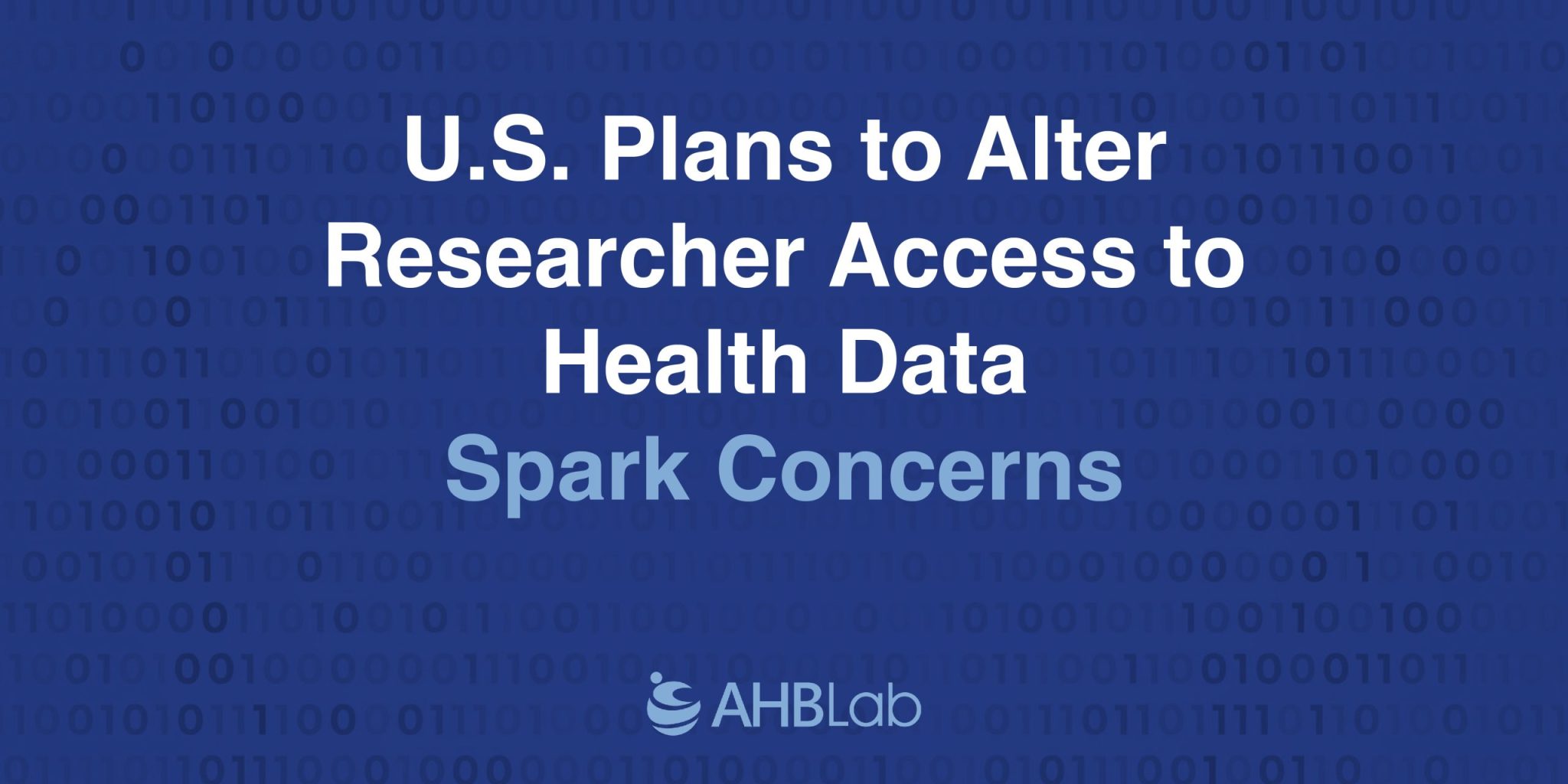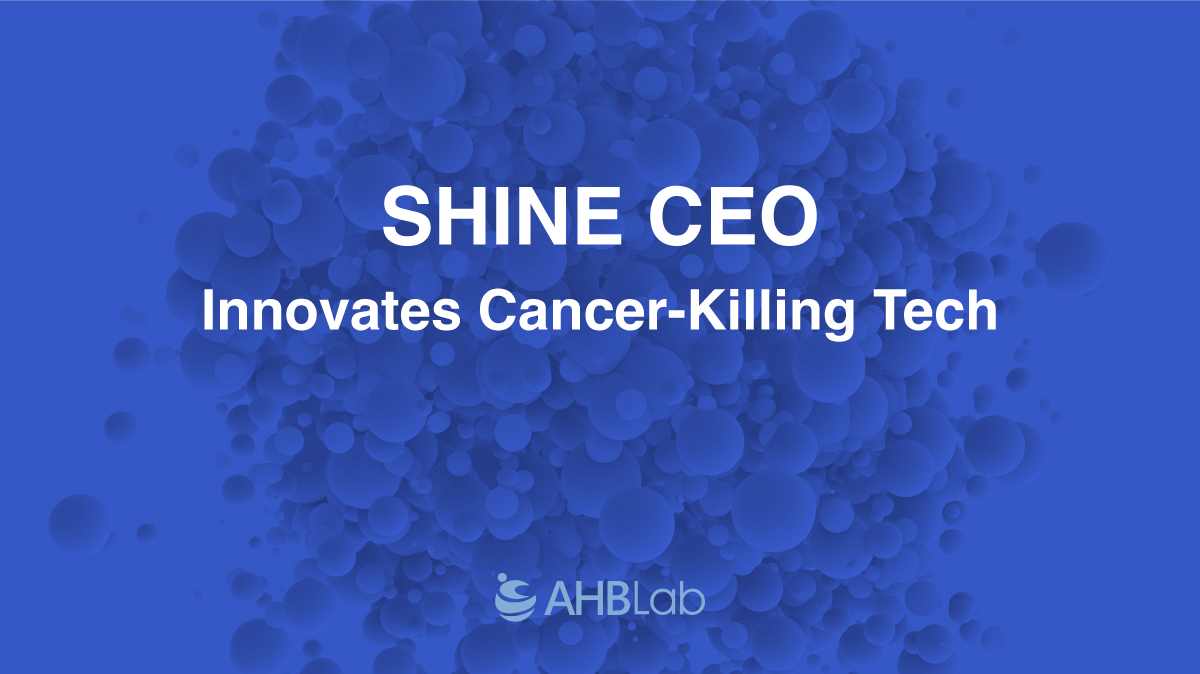Proposed Changes to Medicare and Medicaid Data Access
Health researchers are currently contesting a plan by the U.S. government that could dramatically alter how they access a vast array of health data from federal programs like Medicare and Medicaid, which collectively support the medical needs of approximately 140 million people. With a looming deadline of May 15 for public comments, the academic community is voicing serious concerns about the implications of these proposed changes by the Centers for Medicare and Medicaid Services (CMS).
Rise in Costs and Shift to In-House System
Historically, CMS has allowed research institutions to acquire and store de-identified medical claims data for a one-time fee and additional smaller fees for subsequent uses. This data has enabled researchers to conduct various studies that have influenced health policy and outcomes. However, under the new proposal, CMS plans to discontinue its practice of distributing data via encrypted thumb drives and instead, require researchers to use its Virtual Research Data Center (VRDC) at a significantly higher cost. The initial fee for accessing the VRDC is set at $15,000 with an annual continuation cost of $10,000, in addition to a $20,000 per user “seat fee” for the first year.
Concerns Over Impact on Independent Research
The shift to the VRDC not only raises financial barriers but also threatens the independence of health research. Critics argue that the increased costs and the need to use a government-run system could hinder the development of health policies and potentially deteriorate health outcomes. William Schpero, a health economist and co-author of a critical commentary published in JAMA, emphasizes the broader implications beyond just the financial aspects.
The Debate Over Data Security and Transparency
CMS defends the changes as necessary for enhancing data security amidst growing cyber threats and claims that the VRDC offers a more timely and cost-effective way to access data. However, opponents like Rachel Werner from the University of Pennsylvania worry about the decrease in transparency in healthcare data, which is vital for public insight into significant healthcare programs. Additionally, the economic motives behind the restructuring are scrutinized, with some suggesting that it primarily serves to balance CMS’s financial books.
Academic and Economic Repercussions
The proposed changes have sparked a debate about the accessibility of data for academic research, particularly affecting younger researchers and smaller institutions. Becky Staiger of the University of California Berkeley School of Public Health points out that the VRDC could democratize data access by eliminating the need for expensive internal data storage systems. However, the high fees could disproportionately impact less-funded researchers.
Future of the Proposal
While CMS has extended the deadline for public feedback and delayed implementing the changes until at least 2025, the decision has already triggered a significant response from the academic community. The agency acknowledges the importance of considering public concerns and appears responsive to the feedback, suggesting that the final decision may still be influenced by the ongoing discussions.
As this issue develops, the research community continues to push for a reconsideration of the proposal, emphasizing the need for a balanced approach that secures data without compromising the quality and independence of health research.
At AHB Lab, we are not only leaders in peptide synthesis but also pioneers in the biotechnology sector. Our expertise extends beyond peptide production, embracing a vision that propels innovation throughout the biotech field. We delve into the intricacies of peptide structure and function, striving to unlock molecular secrets essential for transformative health solutions. Aligned with cutting-edge scientific research and technology, AHB Lab leads the charge in discoveries that expand our understanding of peptides and introduce novel biotech applications. As we report on the latest industry news, remember that we are more than a peptide manufacturer; we are dedicated to advancing the future of biotechnology with a steadfast commitment to excellence and innovation. Join us on this journey to shape the future and make significant scientific contributions.






